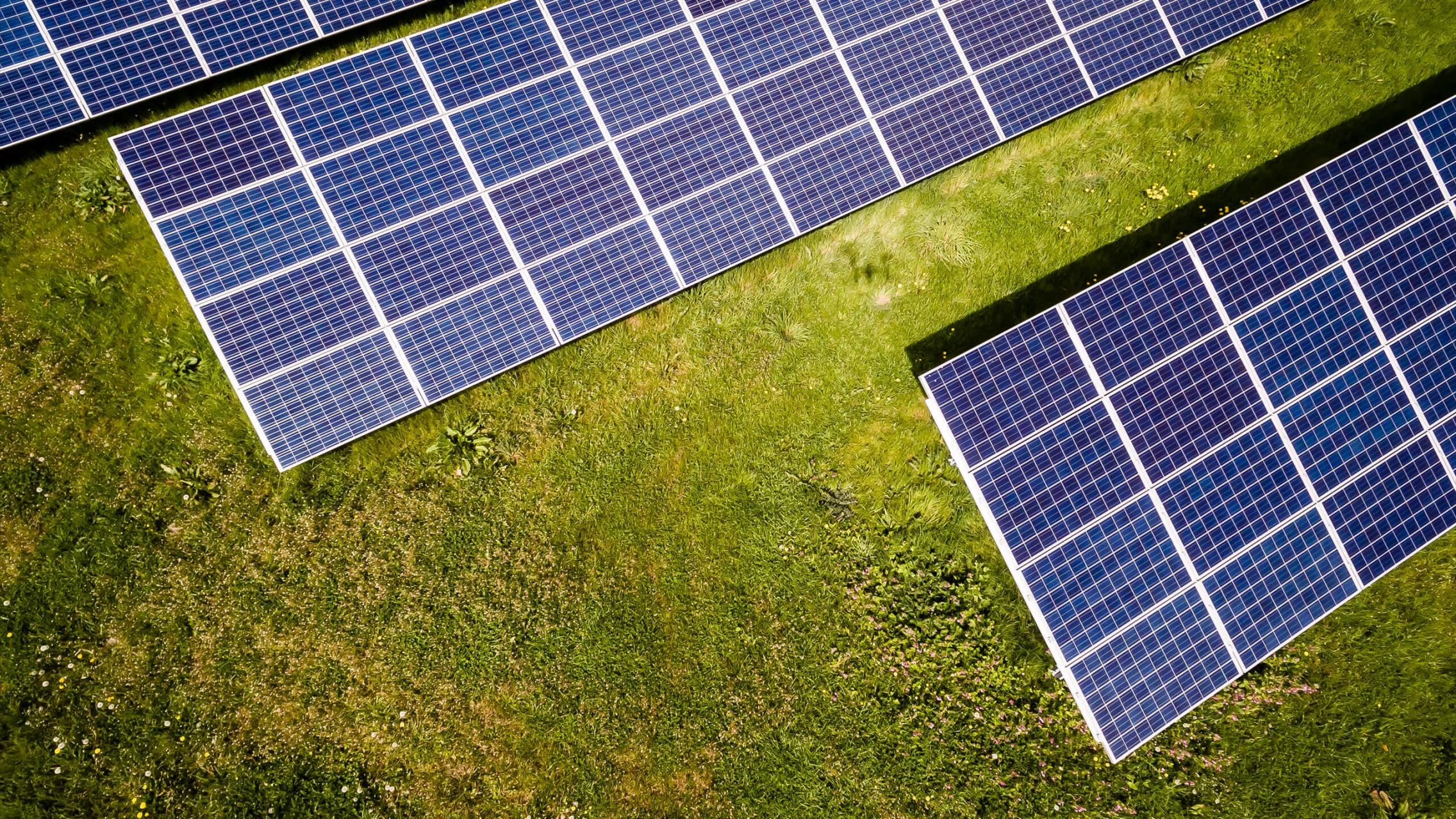Report: Australia should learn from global hydrogen focus

Countries around the world are now making rapid advances in hydrogen energy technologies and strategy – and Australia has much to learn from their experience, according to the authors of a new report by the University of Adelaide.
The report, Advancing Hydrogen, was commissioned and released by the Future Fuels Cooperative Research Centre (FFCRC). A team from the University of Adelaide compiled the report, with learnings from 19 separate hydrogen strategies and roadmaps from across the globe, including North America, UK, Europe and Asia.
“Hydrogen has been a long-sought-after fuel source because of its ability to help reduce greenhouse gas emissions but, until now, it hasn’t proven viable,” says team leader Professor Mike Young, from the University of Adelaide’s Centre for Global Food and Resources.
“There is now genuine excitement around the world that hydrogen will play a substantial role in the global energy system with more widespread adoption of hydrogen as a means to access energy. Governments are investing heavily in the development of hydrogen technology and planning to produce it from renewable sources of energy.
“We hope our new report will help Australia to consider the opportunities for hydrogen and identify ways to collaborate with other countries.
“Any business, nation or region that is considering investing in hydrogen needs to get its head around the rapidly growing number of strategies and roadmaps. Our report contains 19 three-page summaries from across the world, each with their own implications for government and industry,” Professor Young says.
Report co-author Mr Steve Whetton, from the South Australian Centre for Economic Studies at the University of Adelaide, says: “There are real opportunities here for Australia. Ready access to renewable energy means the long-term cost of hydrogen produced in Australia is likely to be lower than most other countries.
“But there are also some potential risks, with both Japan and Korea planning to wind down natural gas imports in favour of hydrogen over the next couple of decades. This could place those countries in a position of regional leadership, and also result in reduced exports for Australian industry if we don’t take advantage of the opportunities from hydrogen,” Mr Whetton says.
FFCRC Chief Executive Officer Mr David Norman says the report sheds light on how nations, regions and industries are thinking about the opportunities and potential for hydrogen.
“This resource aims to help develop other hydrogen roadmaps and strategies, including Australia’s National Hydrogen Strategy,” Mr Norman says.
Energy, mining and resources is a key industry engagement priority for the University of Adelaide, which also aims to tackle the grand challenges of sustainable energy and environmental sustainability.
